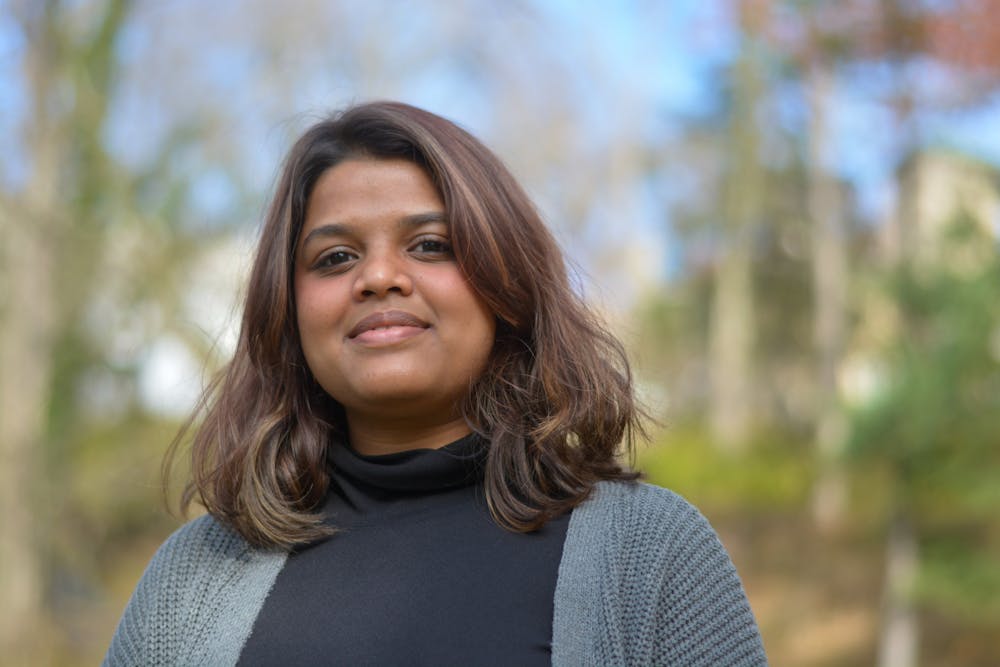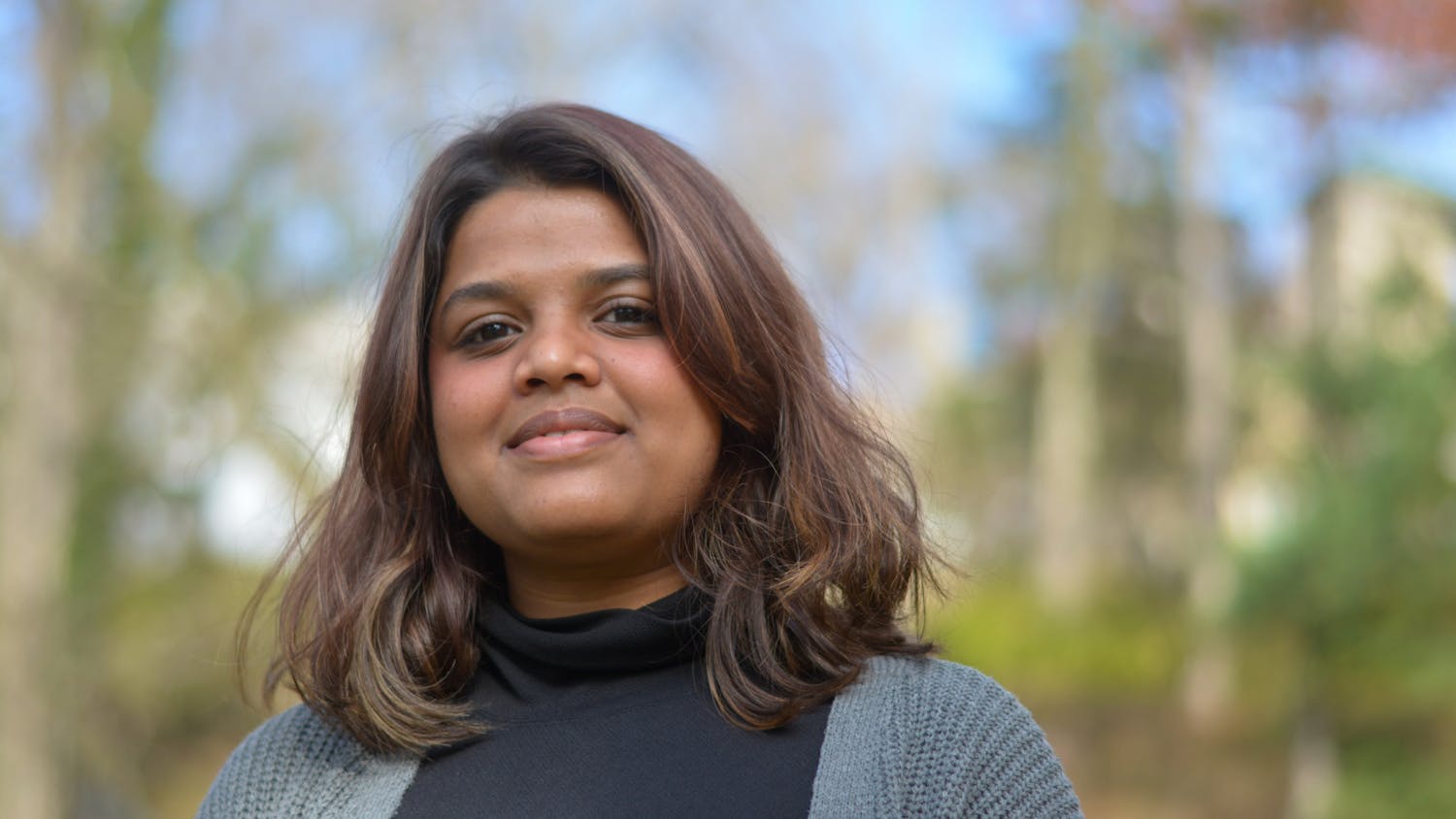As a woman of color, representation is everything to me. It can and does affect the way I see myself, which has a ripple effect on how I act. But last week, when I saw Priyanka Chopra's interview with Vice President Kamala Harris, I felt uncomfortable. The optics of the situation were so conspicuous that they made me not want to be a part of it. This is what we risk when representation becomes a fetish that’s devoid of any substance.
Coming from the same country as her, I have known who Chopra was from a very young age. Although she is a remarkable actor, her involvement with politics confuses me. The strategic involvement really makes you question her authenticity. On top of that, the event focused more on their identities as South Asian women rather than their policy differences. Yes, the description of the event was centered around two icons of South Asian representation conversing with one another rather than pressing issues, but it felt disingenuous.
It almost felt like a bad disguise covering their blatant selves, which is why I found the whole affair to be so calculatedly unauthentic. Chopra's history speaks about her performative activism, and this mindset is easily visible through her actions. So when everyone was excited to congratulate Chopra for hosting this event, I didn’t really see much in it. It felt like this performance was fetishizing the need for representation and that seemed like a dangerous thing to do.
Both Harris and Chopra boasted about women's rights while dismissing the true state of affairs, which includes violence against women from minority groups. I know that this is a common occurrence in mainstream discourse. For example, in an Instagram post, Chopra wrote, "Since the very beginning, the world has undermined the power of women. We’ve been shunned and silenced, but thanks to the sacrifices and tenacity of so many selfless women, we are in a place today where we can come together and work collectively to right the wrongs," signaling the important positions women hold in their respective industries. However, it's important to weigh in on Indian politics while boasting about women's rights in India. Currently, India is experiencing religion-based issues that have resulted in many lives lost throughout the last few years. The country has been rocked by a spate of mob lynchings, often targeting people from the minority Muslim community or low-caste backgrounds.
Chopra has been vocal about her patriotic stance on going to war against Pakistan. She also openly endorses Narendra Modi's party, the Bharatiya Janata Party. These politics of hate have been a central reason for the killings of many Muslims and the killing of Dalits. Her silence on issues such as the Citizenship Amendment Act-National Register of Citizens, or CAA-NRC, and protests in India was alarming as well. Not only are the CAA-NRC movements stripping people of their citizenship, but they’re also causing many deaths. During this bleak time, Chopra stayed silent and ditched the country she was born in.
However, my India isn’t the same India that Kamala Harris, Priyanka Chopra and many other South Asians residing outside India know. While superficially it's all good, we have deep-rooted problems that haunt our country. This is why representation alone isn’t going to eliminate racism or the white savior complex from existing. It is only going to normalize a culture of saviors, in which both Harris and Chopra will try to fix the issues of our home without understanding them first.
At the end of the day, we need more than tokenized representation that both Harris and Chopra represent. The representation that Harris and Chopra give us, although appreciated, isn’t enough. We need to do more than just see women in positions of power or having influence. We need to actually hold them accountable as well. Because if we use Harris and Chopra’s platform simply for them to talk about their identity, then we are making a mistake.
Ankita Bansode is a sophomore studying political science pre-law and economics at Ohio University. Please note that the views and opinions of the columnists do not reflect those of The Post. What are your thoughts? Tell Ankita by emailing her at ab890621@ohio.edu.





